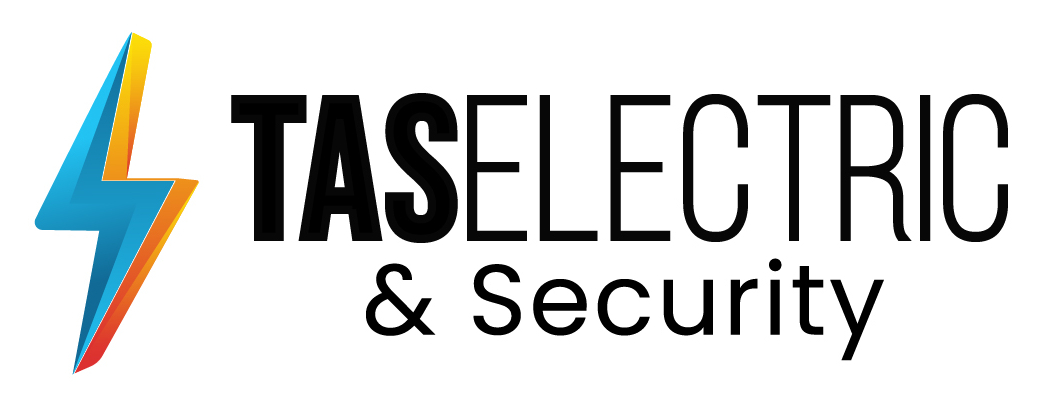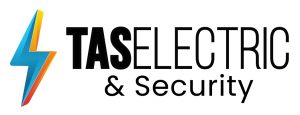Home Security Installation – What You Need for a To Provide a Safe Haven for Your Family…

Understanding Home Security
Home security encompasses a variety of measures designed to protect your property from theft, vandalism, and other threats. It involves both physical barriers and technological solutions that deter intruders and safeguard your belongings. Understanding these elements is the first step in creating a secure environment.
The Importance of Home Security
The necessity of a robust home security system cannot be overstated. Statistics reveal that homes without security systems are significantly more likely to be targeted by burglars. A well-implemented security strategy not only protects your valuables but also enhances your overall sense of safety.
-
- Deterrence: Visible security measures such as cameras and alarm signs can dissuade potential intruders from attempting a break-in.
- Emergency Response: A monitored system can alert authorities in case of an emergency, ensuring a quick response.
- Insurance Benefits: Many insurance providers offer discounts for homes equipped with security systems, potentially lowering your premiums.
Key Components of Home Security
A comprehensive home security system includes various components that work together to create a protective barrier. Understanding these elements will help you make informed decisions about your security needs.
-
- Locks: High-quality locks on doors and windows are the first line of defense against unauthorized entry.
- Alarms: Security alarms can alert homeowners and authorities to unauthorized access.
- Surveillance Cameras: Cameras provide visual monitoring of your property, allowing you to keep an eye on your home remotely.
Assessing Vulnerabilities
Identifying potential vulnerabilities in your home is essential for developing an effective security strategy. By understanding how burglars operate, you can take proactive steps to fortify your property.
Common Entry Points
Burglars often target specific areas of a home that are easy to access. By reinforcing these entry points, you can significantly reduce the likelihood of a break-in.
-
- Front Door: The most common entry point. Ensure it has a sturdy deadbolt and a solid frame.
- Windows: Ground-level windows are particularly vulnerable. Consider installing locks or security bars.
- Garages: An open garage door can provide easy access to tools and entry points into the home.
Behavioral Patterns of Burglars
Understanding how burglars choose their targets can help you identify vulnerabilities. Many burglars take the time to observe their target before attempting a break-in. They often look for signs of an empty home, such as:
-
- Accumulated mail or newspapers
- Unmowed lawns
- Lack of outdoor lighting
By being aware of these indicators, you can take steps to make your home less appealing to intruders.
Creating a Security Plan
Once you’ve assessed your vulnerabilities, the next step is to develop a comprehensive security plan tailored to your specific needs. This plan should include both physical and technological measures.
Physical Security Measures
Physical barriers are essential in deterring unauthorized access. Consider implementing the following measures:
-
- Reinforced Doors and Windows: Invest in solid core doors and double-pane windows to enhance security.
- Outdoor Lighting: Install motion-activated lights around entry points to deter intruders.
- Fencing: A secure fence can provide an additional layer of protection, especially if it’s difficult to climb or breach.
Technological Solutions
Incorporating technology into your home security strategy can enhance your protection. Here are some essential tech solutions to consider:
-
- Smart Locks: These allow you to control access to your home remotely, providing convenience and security.
- Home Security Cameras: Modern cameras often come with features like night vision and motion detection, allowing for comprehensive monitoring.
- Alarm Systems: Choose a system that fits your needs, whether it’s a DIY setup or a professionally monitored service.
Smart Home Integration
As technology advances, integrating smart home devices into your security system can provide added convenience and control. Smart home systems allow you to manage various aspects of your home from a single interface.
Benefits of Smart Home Security
-
- Remote Monitoring: Access your security cameras and alarm systems from anywhere using your smartphone.
- Automated Alerts: Receive notifications for unusual activities or when someone enters your property.
- Energy Efficiency: Smart systems can also help manage energy use, such as turning lights on and off to create the illusion of occupancy.
Popular Smart Home Devices
Consider incorporating the following devices into your smart home security system:
-
- Smart Doorbells: These devices allow you to see and communicate with visitors at your door, even when you’re not home.
- Smart Cameras: Easily monitor your property with cameras that can be accessed via your smartphone.
- Smart Sensors: Use door and window sensors to receive alerts when they are opened.
Professional Monitoring vs. Self-Monitoring
When it comes to home security systems, homeowners often face the decision between professional monitoring and self-monitoring. Each option has its own set of advantages and disadvantages.
Professional Monitoring
With professional monitoring, a security company monitors your system 24/7 and will alert authorities in case of an emergency. This option provides peace of mind, especially for those who travel frequently or have busy lifestyles.
-
- Pros:
- Continuous monitoring by trained professionals
- Quick response times in emergencies
- Often includes maintenance and support
- Cons:
- Monthly fees can add up
- Long-term contracts may lock you into a service
- Pros:
Self-Monitoring
Self-monitoring allows homeowners to take control of their security system without relying on a third party. This option can be more cost-effective but requires diligence.
-
- Pros:
- No monthly fees in most cases
- Flexibility to monitor your system as you see fit
- Greater control over your security settings
- Cons:
- Requires constant vigilance
- May miss alerts if not actively monitored
- Pros:
Enhancing Security Habits
In addition to physical and technological measures, developing good security habits can significantly improve your home’s safety. Simple practices can make a big difference in deterring potential threats.
Daily Security Practices
-
- Lock Everything: Make it a habit to lock all doors and windows whenever you leave home, even if it’s just for a short period.
- Set Alarms: Always activate your security system when leaving the house or going to bed.
- Know Your Neighbors: Building relationships with neighbors can create a supportive community, where everyone looks out for one another.
Seasonal Security Tips
Adjusting your security practices with the changing seasons can help maintain a secure environment year-round.
-
- Winter: Ensure walkways are clear of snow and ice to prevent accidents and maintain visibility.
- Summer: Be mindful of open windows and doors, as warm weather can lead to increased opportunities for intruders.
Addressing Specific Threats
Understanding specific threats can help you tailor your security measures to address them effectively. Some of the common concerns include burglary, vandalism, and cybercrime.
Burglary Prevention
To prevent burglary, focus on both physical and behavioral deterrents:
-
- Visible Security Measures: Display security signs and install cameras to deter potential intruders.
- Secure Valuables: Keep valuables out of sight from windows and consider using a safe for important items.
Cybersecurity for Smart Homes
With the rise of smart home technology, cybersecurity has become increasingly important. Protecting your devices from cyber threats is essential for maintaining your home’s overall security.
-
- Secure Your Wi-Fi Network: Use strong passwords and change default settings on your router to prevent unauthorized access.
- Regular Updates: Keep all smart devices updated with the latest firmware to protect against vulnerabilities.
Evaluating Security Systems
When selecting a home security system, it’s essential to assess various options to find the best fit for your needs. Consider these factors during your evaluation:
Key Features to Look For
-
- Monitoring Options: Determine whether you prefer professional monitoring or self-monitoring.
- Customization: Look for systems that allow you to add or remove components based on your changing security needs.
- User-Friendly Interface: Ensure the system is easy to operate, both for you and any family members who may need access.
Cost Considerations
Understanding the costs associated with different security systems is crucial for budgeting. Be sure to factor in:
-
- Initial Setup Costs: This includes equipment, installation, and any necessary upgrades.
- Ongoing Fees: Consider monthly monitoring fees and potential costs for add-on services.
We Provide Security System Installation, Repairs, and Maintenance Services
When we’re designing a security system, we approach it with a comprehensive mindset. Our first step is to assess the property thoroughly, identifying potential vulnerabilities and entry points.
> Learn More
Creating a secure home environment involves a combination of physical barriers, technological solutions, and proactive habits. By understanding the various components of home security and tailoring your approach to address specific vulnerabilities, you can significantly enhance the safety of your home and loved ones. Remember, the goal is to create an environment that not only deters intruders but also fosters a sense of security for all who reside within.
Contact Us (905-870-7779) for a Free Consultation!
—
About TASElectric & Security
TASElectric & Security offers comprehensive and cutting-edge electric and security services to clients with residential, commercial, industrial, or high-rise properties. Our team of highly skilled professionals have years of experience installing, maintaining, and inspecting electric and security systems and equipment.
> Learn More


